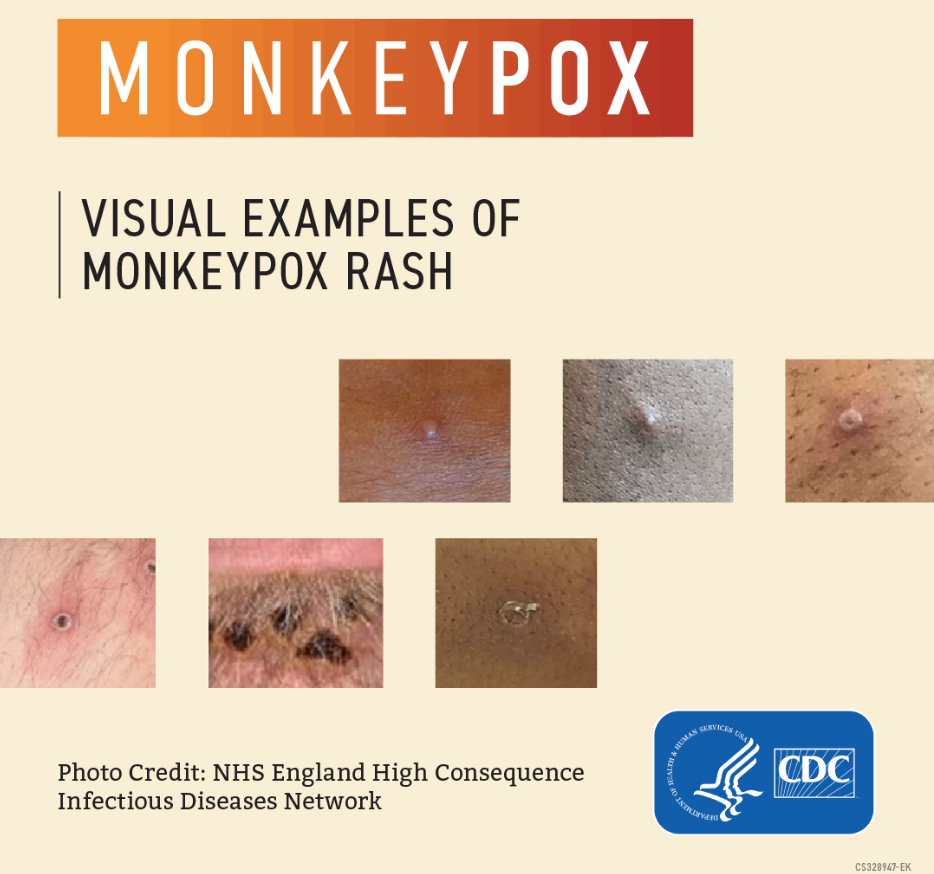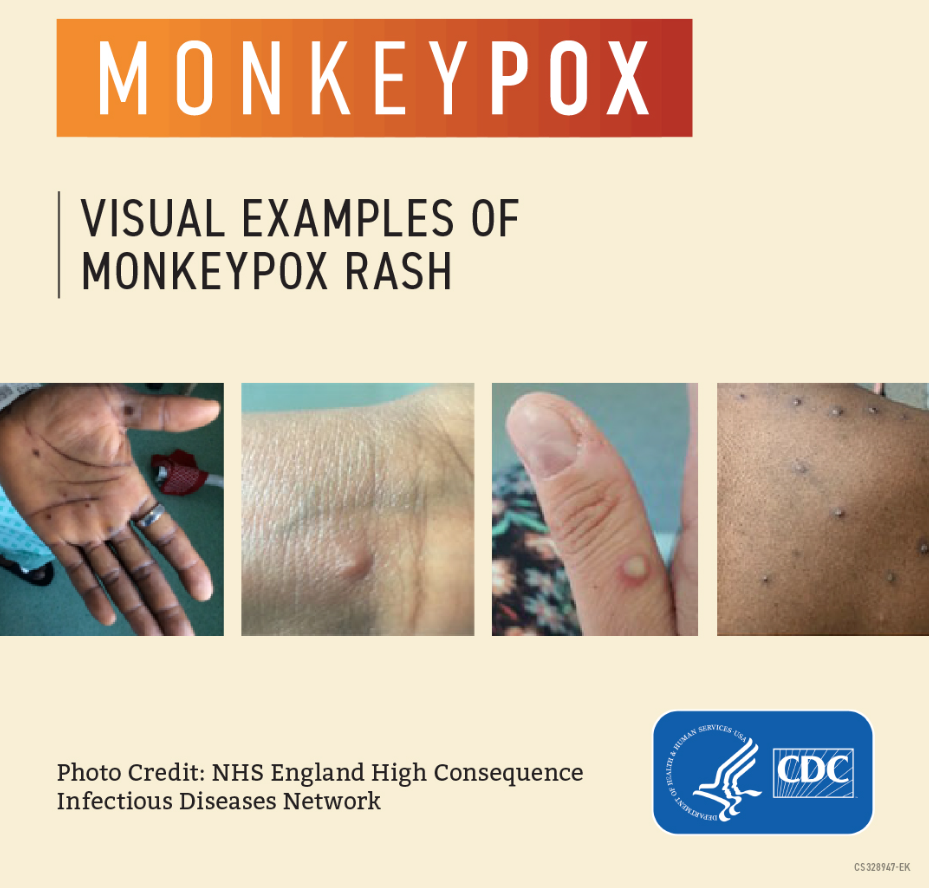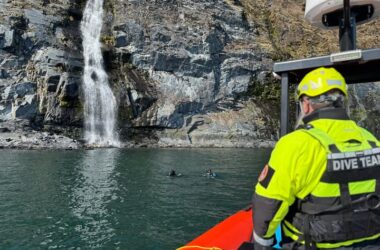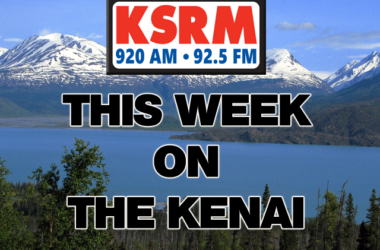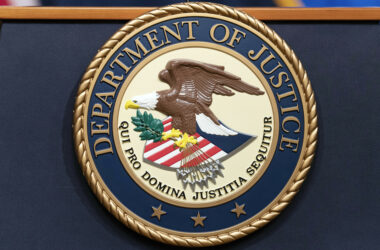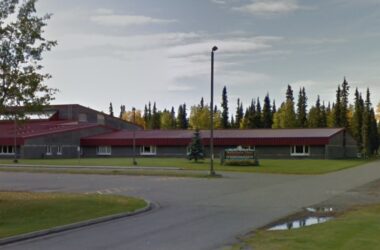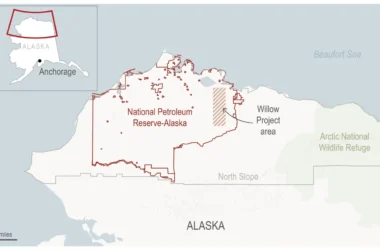The Alaska Department of Health says that, while the risk of monkeypox for the general public remains low, residents should be aware of monkeypox and how it spreads. Monkeypox testing and vaccines are available in Alaska to help prevent further transmission of the disease that’s new to the state. Treatment is also available in a small supply and may be considered for some patients.
Dr. Joe McLaughlin, state epidemiologist and chief of the Section of Epidemiology, said:
“While the risk of monkeypox for the general public remains low, this is a serious public health concern because of how quickly it is currently spreading in the United States. Fortunately, we have the tools here in Alaska to help identify cases, prevent further transmission and treat infected people who are at risk for severe disease. We can slow the spread of this virus by detecting cases quickly and vaccinating those who are eligible to receive the vaccine.”
The DOH has reported a handful of cases in Alaska residents to the CDC. An additional case has been detected in a nonresident. Monkeypox cases have been detected in all 50 states, plus Puerto Rico and the District of Columbia.
Residents should seek testing if they have signs and symptoms of the disease, even if they do not have a known exposure. If you are suspected to have monkeypox, you are advised to keep the rash covered and to stay home while you await test results. Contact your local public health center or a health care provider if you suspect you have it.
DOH expanded the eligibility for the monkeypox vaccine on August 12, and is partnering with Alaska’s Tribal health system to ensure statewide access to the vaccines. Monkeypox vaccine is currently available in Alaska for people who have been exposed to monkeypox and for people at high risk of exposure before an exposure occurs. The JYNNEOS vaccine is currently recommended for the following people in Alaska:
- People who have been identified by public health authorities as a contact with high or intermediate risk exposure to monkeypox or people who believe they have been exposed to monkeypox (this can include an anonymous notification of exposure)
- Gay, bisexual, or other people assigned male at birth who have sex with people assigned male at birth, or transgender people, AND have had multiple or anonymous sexual partners in the past 6 months
Following an FDA decision, the vaccine can now be administered into the skin for adults aged 18 years and older. This method uses a smaller amount of vaccine, and helps providers get more doses from a single vial of vaccine, which increases the supply and expands eligibility. If you meet the criteria, contact your local public health center if you wish to be vaccinated.
The Alaska Division of Public Health has received a small supply of TPOXX from the federal government, which is licensed for the treatment of smallpox and may be available for the treatment of monkeypox under an expanded access Investigational New Drug protocol.
TPOXX treatment may be considered for patients with severe disease, those at increased risk of severe disease, or in some other clinically relevant cases.
To prevent the spread of monkeypox, avoid close contact with people who have recently been diagnosed with monkeypox or with people who have monkeypox symptoms such as a characteristic rash. The Alaska Department of Health states that monkeypox is not a sexually transmitted disease, but it can be spread through prolonged skin-to-skin contact.
If you are in close contact with someone who has symptoms, for example if you live with someone who has monkeypox, wear a face mask, limit skin-to-skin contact, avoid touching objects used by someone with monkeypox and wash your hands often with soap and water or use hand sanitizer.
Click any of the links below for more information:

